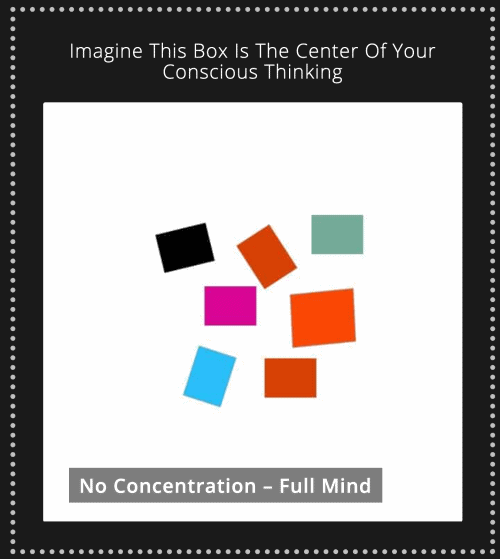- Navigating under Stress: A New Approach
- Outmoded Therapeutic Strategies for Stress
- Complications of Old Therapeutic Techniques
- What are Modern, Tailored Approaches for Stress Regulation?
- Harnessing Personal Resources: The ‘Mind Rooms’ Self-help Concept
- What could your future look like if you adopted this strategy?
Outmoded Therapeutic Strategies for Stress
Management Stress, an all too common response to life’s challenges, was traditionally addressed through methods like psychoanalysis and behavior therapy. While once mainstream, these techniques are meanwhile in parts regarded as outdated.
Complications of Old Therapeutic Techniques
Antiquated methods sometimes can increase stress instead of calming down. Engaging in lengthy and costly treatments like psychoanalysis and behavior therapy could inadvertently contribute to one’s stress, rather than alleviate it.
What are Modern, Tailored Approaches for Stress Regulation?
In contrast to these pathology oriented methods, the short-term therapies pioneered by experts like Steve de Shazer and Milton H. Erickson have demonstrated greater effectiveness. They championed approaches that are tailored to each individual’s unique situation, veering away from the one-size-fits-all model. A prime example is Solution-Focused Brief Therapy (SFBT). This method encourages a shift in focus towards solutions and life’s positive aspects, as opposed to dwelling on stressors and challenges. The ultimate objective is to pave the way to a more desirable future, instead of repairing a fraught past.
Harnessing Personal Resources: The ‘Mind Rooms’ Self-help Concept
An emerging self-help tool that complements these modern therapeutic approaches is the “Mind Rooms” concept. Rather than a therapy, it’s a mental strategy individuals can employ to better manage their stress.
Imagine your mind sorted by different rooms. Each room houses a specific type of thought: anxiety-inducing thoughts, thoughts of calm, creative musings, and disciplinary thoughts.
You have the freedom to deposit all types of thoughts – even those inducing stress and discomfort – into these rooms. You can then revisit and address them when you’re prepared.
What could your future look like if you adopted this strategy?
By compartmentalizing your thoughts in this manner, you create more mental bandwidth. With the reassurance that every thought will be appropriately attended to, you can focus your attention on the immediate issue at hand.
Do you want to change your pattern and see what happens?
Explore the Mind Rooms short-time therapy self-help concept, based on hundreds of systemic treatment and counseling sessions on OCD, anxiety and conflicts.
Take five minutes and read the free reading sample of the e-book Mind Rooms – ready to download for you here.
Note: If you are dealing with severe depression, seek help from a professional. These self-help strategies are meant to complement, not replace, professional help.
